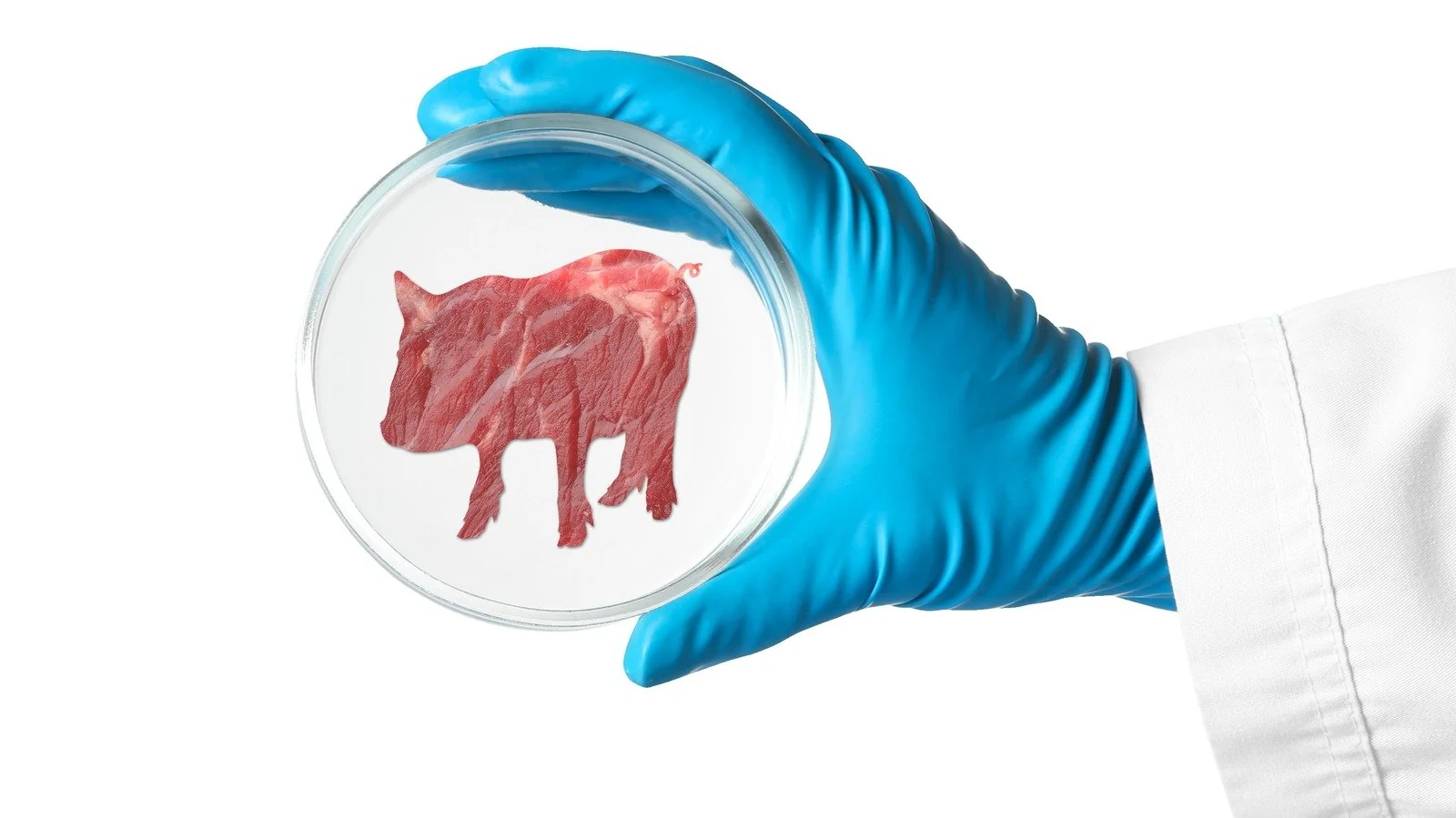Food & Climate
EU Commission and the European Food Safety Authority (EFSA) received the second company filing for approval for cultivated meat, that Mosa Meat which would introduce for the bloc its cultivated Fat.
On Wednesday, Maastricht, The Netherlands-based Mosa Meat, a company specialised in cultured beef, announced that it has filed its first application for market approval under the European Union’s Novel Foods Regulation, according many reports seen by “Food & Climate” platform.
This is following French startup Gourmey‘s application in July. The two bodies will now evaluate the dossier in a process that’s expected to take 18 months. If successful, Mosa Meat would be able to sell the ingredient in all 27 member states and the three EEA countries.
Mosa Meat has submitted a dossier in the EU for a cultivated beef fat ingredient, which can be mixed with plant-based ingredients for use in blended meat products like hamburgers, meatballs, empanadas, or bolognese.
Adding taste
Maarten Bosch, CEO of Mosa Meat says, “We look forward to working closely with the authorities to meet all safety requirements. Fat is a great flavour enhancer and we have developed an ingredient that delivers the rich culinary experience consumers expect from conventional beef. This innovation not only takes our Mosa Burgers to the next level, but can also enrich plant-based products that still fall short in matching the full taste experience of meat.”
So, Mosa Meat has chosen to start with cultivated fat, as it makes a vital contribution to the familiar taste, smell, and texture of beef.
Founded in 2016 by Mark Post and Peter Verstrate, and led by CEO Maarten Bosch, Mosa Meat is a foodtech company that is on a mission to transform beef production.
The founder introduced the world’s first cultured beef burger in 2013 by growing it naturally from a cow’s cells.

The EU has been the toughest regulatory nut to crack for cultivated meat companies, thanks to a complex and stringent novel food framework that Mosa Meat describes as the “global gold standard for food safety”.
The approval process involves the EU Commission as well as its member states, alongside input from scientific experts at the European Food Safety Authority (EFSA), which ensures that the authorisation retains the buy-in of all stakeholders.
Unlike regulators in other countries (like Singapore), the EU’s regulatory process requires cultivated ingredients to be submitted individually, instead of full products. While Mosa Meat chose its fat as the first ingredient for submission, Bosch reveals that it also has a dedicated team working on cultivating muscle tissue.
How does make cultivated fat?
“We start by taking a small sample of cells from a cow. This sample contains cells that could become either muscle or fat,” says Bosch.
“For this product, we isolate and focus on nurturing the fatty potential of the cells in a nutrient-rich and serum-free medium. This process mimics their natural growth cycle, allowing them to duplicate by orders of magnitude and take on that beefy quality. Once harvested from the cultivator, the final product can be combined with our in-house plant-based mix for any dish that uses a beef mince,” he describes.
Cultured meat can improve the European food system by reducing import dependency and increasing food sovereignty, , according to “Silicon Canals”.
A peer-reviewed Life Cycle Assessment shows that cultured beef can lower greenhouse gas emissions by up to 93%, use 95% less land, and require 78% less water than traditional meat production.
But its high cost and ban in some countries are major reasons to be not spread.
When Mosa Meat Co-Founder Dr Mark Post first unveiled a cultivated meat burger in 2013, the two proof-of-concept patties cost $330,000. The firm has since managed to slash costs repeatedly. In 2020, it cut the price of its growth medium by 80-fold, and a year later, reduced the cost of its fat medium by 66 times.
In May 2023, it opened what it claims is currently the world’s largest cultivated meat facility in Maastricht. This “cultivated meat campus” is its fourth plant, expanding its footprint to 7,340 sq m (79,007 sq ft), and has a 1,000-litre bioreactor scale that can produce “tens of thousands of cultivated hamburgers”.

In the EU, Italy has banned these proteins, and countries like France and Hungary have tried to do so too. Across the pond, policymakers in over a dozen states have proposed a ban, with Florida and Alabama being successful.
But with efforts to greenify the EU’s food system on the rise, and the EU Commission batting away arguments to justify a cultivated meat ban, there are signs that regulatory progress could accelerate here. A 2024 survey of 16,000 citizens from 15 EU countries found that Europeans are largely in favour of cultivated meat if it passes safety assessments from food regulators, and a majority are willing to try it.
And while investment in cultivated meat has been decreasing (dropping by 75% in 2023, followed by another decline in 2024), Mosa Meat was one of the outliers, raising €40M ($42.4M) in a funding round in April. It took total investment in the company to over $135M, with backers including Mitsubishi Corporation, Dutch state investor Invest-NL, and Leonardo DiCaprio, according to “green queen“.

